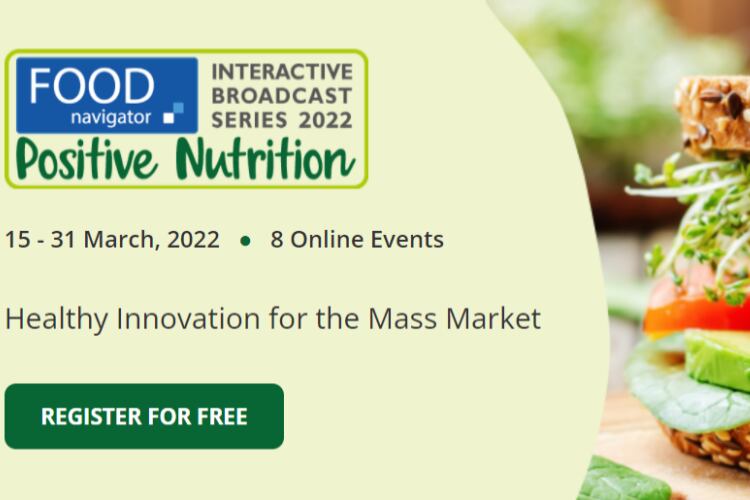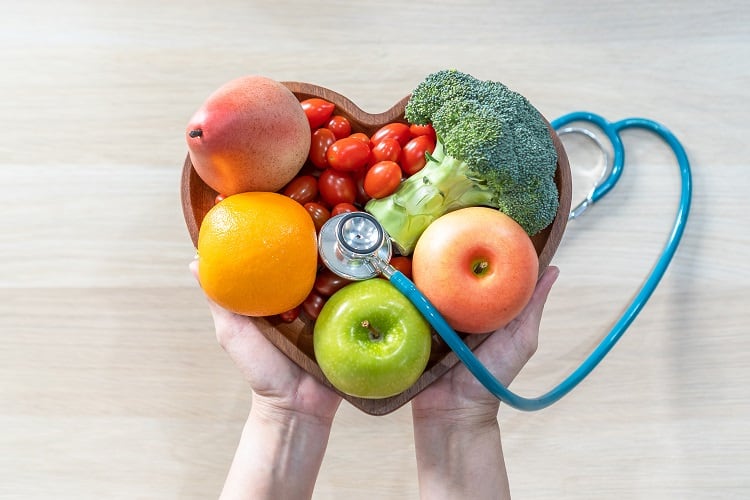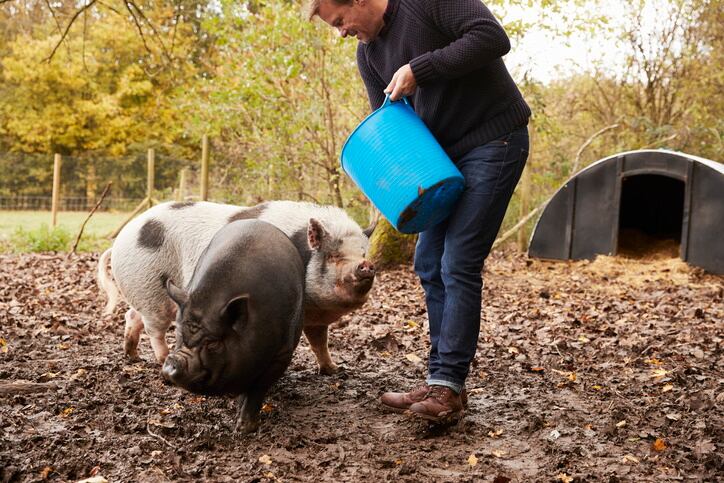Following a healthy, nutritious diet helps reduce risk of non-communicable diseases (NCDs) and extends life expectancy. But by how long?
Based on data from the 2018 Global Burden of Disease study, researchers in Norway have estimated how life expectancy changes in accordance with intake of fruits, vegetables, whole grains, refined grains, nuts, legumes, fish, eggs, milk/dairy, red meat, processed meat, and sugar-sweetened beverages.
Having published their free algorithm online, consumers can also calculate their own life expectancy gains, depending on age, sex, and dietary changes one is willing to make.
The earlier the better
The estimates, calculated for an ‘optimised’ and ‘feasible’ diet approach, differentiate according to the geography – whether that be for populations in China, Europe, Norway, or the US.
An ‘optimal’ diet had substantially higher intake than a typical diet of whole grains, legumes, fish, fruits, vegetables, and included a handful of nuts. Consumption of red and processed meats, sugar-sweetened beverages, and refined grains, was reduced.
The ‘feasibility’ approach diet was a midpoint between an optical and a typical Western diet.
The researchers concluded that a sustained dietary change may give substantial health gains for people of all ages both for optimised and feasible changes. However, gains are predicted to be larger the earlier the dietary changes are initiated in life.
Using the Food4HealthyLife calculator, the largest gains were found from eating more legumes, whole grains and nuts, and less red and processed meat.
For older people, the gains would be smaller but substantial. Even the feasibility approach diet increased life expectancy by 7% or more for both sexes across age groups.
Europe in focus
According to the researchers’ algorithm, if a 20-year-old female were to follow the ‘optimal’ diet, she would add 10.4 years to her life. For a male, the increase is as high as 13.7 years. The average for both sexes is calculated at 12.1 years.
This would mean increasing whole grain intake from 40g to 225g per day, and fish from 50g to 200g. A total of 25g of nuts and 200g of legumes is recommended under the ‘optimal diet’.
Vegetable intake would increase from 250g to 400g, and fruit from 200g to 400g.
It would also mean reducing the consumption of some foods: dairy from 300g to 200g, refined grains from 150g to 50g, eggs from 50g to 25g, and white meat from 75g to 50g.
Consumption of red meat, processed meat, and sugar-sweetened beverages would be cut out completely.
“Sustained change from a typical to an optimised diet from early age could translate into an increase in life expectancy of more than 10 years,” noted the study authors.
“The Food4HealthyLife calculator could be a useful tool for both clinicians, policy makers, and lay people to understand impact of various food choices.”
Source: Plos Medicine
‘Estimating impact of food choices on life expectancy: A modeling study’
Published February 8 2022
DOI: https://doi.org/10.1371/journal.pmed.1003889
Authors: Lars T. Fadnes, Jan-Magnus Økland, Øystein A. Haaland, Kjell Arne Johansson
Positive Nutrition 2022: Healthy Innovation for the Mass Market
Back by popular demand, FoodNavigator's Positive Nutrition 2022 interactive broadcast event is gearing up to profile the R&D strategies allowing food formulators to meet demand for better-for-you brands.
FoodNavigator's global teams will be looking at how positive nutrition can be delivered to the mass market in accessible, affordable and appealing formats.
Broadcast over consecutive weeks in March, our interactive digital series will discuss three critical themes:
- Unlocking plant-based potential (16 March) – We will look at the nutritional challenges and opportunities in plant-based products and ask what new ingredients and technologies will drive the next wave of healthy plant-based innovation.
- Gut health and immunity (23 March) – In a near-post pandemic world, gut health and immunity are front-of-mind. How are food and beverage manufacturers responding to growing demand for vitamins, minerals, and immunity-boosting micronutrients?
- Reformulation, fortification and clean label (30 March) – Fortification offers the opportunity to boost the nutritional profile of everyday food and beverage formats, while reformulation is becoming a pressing need in the face of a tightening regulatory landscape. How is the industry delivering these often complementary objectives while also giving consumers the clean and lean labels they want?
This not-to-be missed event will bring together thought-leaders in the space. We will hear contributions from big branded players like Cereal Partners Worldwide (Nestlé/General Mills JV) and Birds Eye (Nomad Foods), alongside innovative start-ups such as Heura, Biotiful and Pep & Lekker and nutrition and trends experts including Tastewise, BENEO and Future Bridge.
Register for any of the sessions for FREE here.






